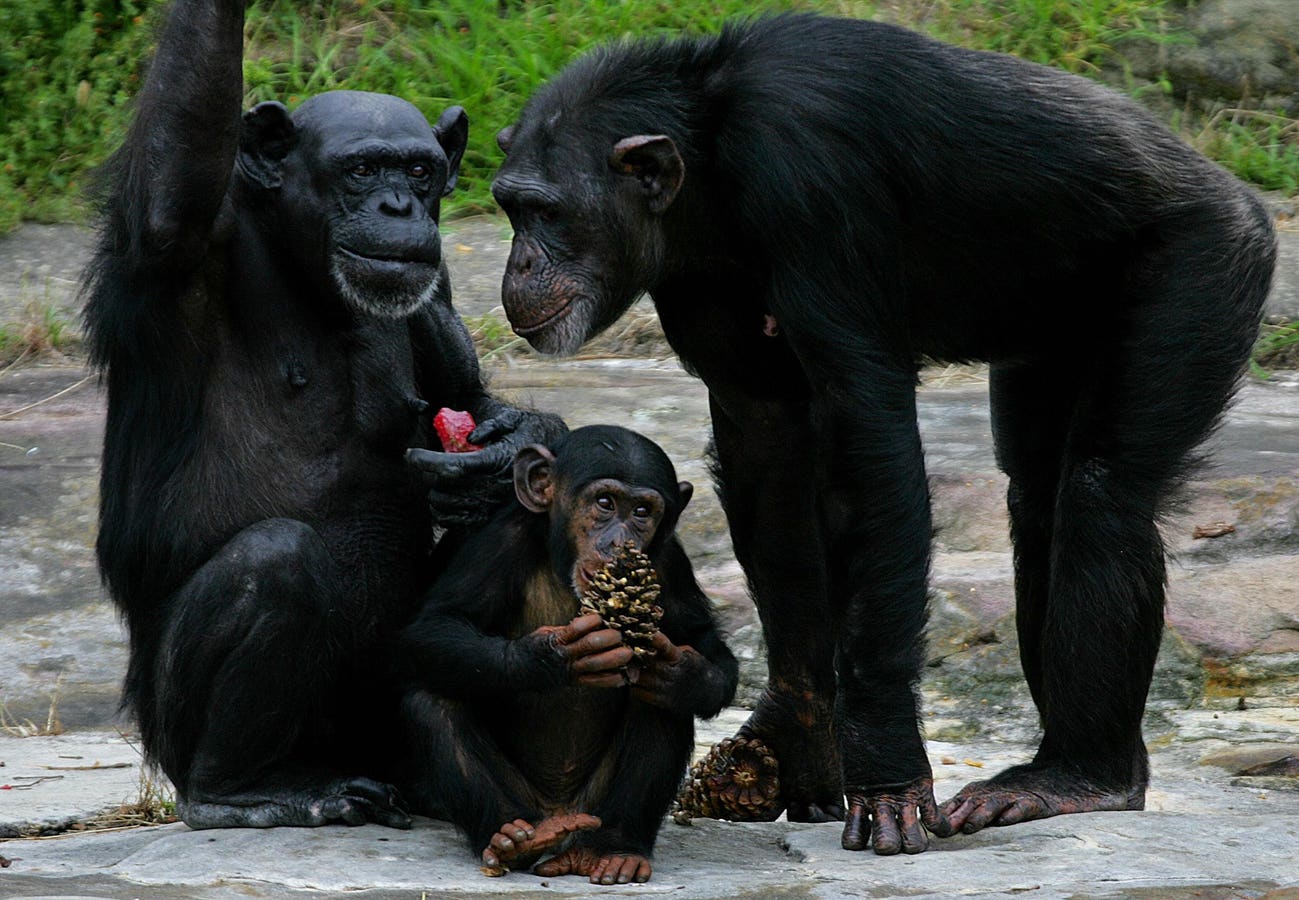SYDNEY, AUSTRALIA: A chimpanzee (Pan troglodytes) family enjoys Christmas treats of flavoured pine … More
The secret to maintaining your brain health and staying sharp as you age might just be cultivating your sense of curiosity, a recent study found. Being curious during old age could also help in preventing or at least off-setting Alzheimer’s disease.
“Curiosity is broadly defined as a desire to learn, experience, or explore new information or environments. It is a motivating influence that drives us to participate in hobbies, pursue education, and travel to experience new things,” the authors wrote in the study.
“Trait curiosity, defined as people’s stable tendency to actively seek knowledge and information, has been correlated with a variety of positive traits in everyday settings. For example, in educational settings, curiosity is related to rates of student question-asking and academic performance. Additionally, medical students with higher levels of curiosity report having deeper motives for studying and engaging in deeper study strategies when learning new information,” the authors added.
Psychologists measure curiosity as a state, where feeling curious is just a momentary or fleeting experience and as a trait, where it is a feature of an individual’s personality and way of life. During old age, curiosity is the main factor that motivates people to engage in formal learning such as taking classes for learning a new skill. And such stimulating activities help in maintaining the brain’s cognitive abilities.
In a press release, senior author of the study, Alan Castel, a psychologist at UCLA said: “You see this in the context of lifelong learning: A lot of older adults will go back to take classes or pick up hobbies or engage in bird watching. I think it shows that this level of curiosity if maintained, can really keep us sharp as we age.”
To further investigate how the two forms of curiosity work in adults, the researchers collected data from 1,218 participants between the ages of 20 and 84. They completed an online questionnaire that measured their levels of curiosity. Some of the questions they answered included: “What is added to white sugar to make brown sugar? (answer: molasses) and what is the name of the biggest constellation in the sky? (answer: hydra).”
The researchers then rated each participant’s curiosity level on a scale of one to 10. “Age does not have a uniform influence on curiosity; rather, we need to consider the multifaceted nature of this construct when discussing aging effects,” they noted. “Curiosity subsumes different levels of psychological processes (e.g., emotional processes, reinforcement, learning, attention, appraisal, etc.), each of which would be impacted differently by age.”
Prior research has found that younger adults tend to be more curious about learning new topics while older adults feel more motivated to continue expanding their existing knowledge.
“It is important to consider some of the ways that older adults may maintain curiosity other than via trait curiosity measures. Specifically, older adults may be selectively curious about things that have greater self-relevance or that are relevant to their prior knowledge, which may benefit them in specific contexts. For example, if an older adult is curious about gardening, they may be more likely to read gardening magazines, join a gardening group, or to learn a new gardening skill,” the researchers highlighted in their study published in the journal PLoS One in May 2025.
“Engaging with any of these activities can be beneficial for overall well-being and cognitive outcomes in older age, for example by fostering social connections and learning complex new skills. Thus, it may be important to recognize and encourage specific domains of curiosity for older adults, rather than simply focusing on measures of trait curiosity,” they added.








